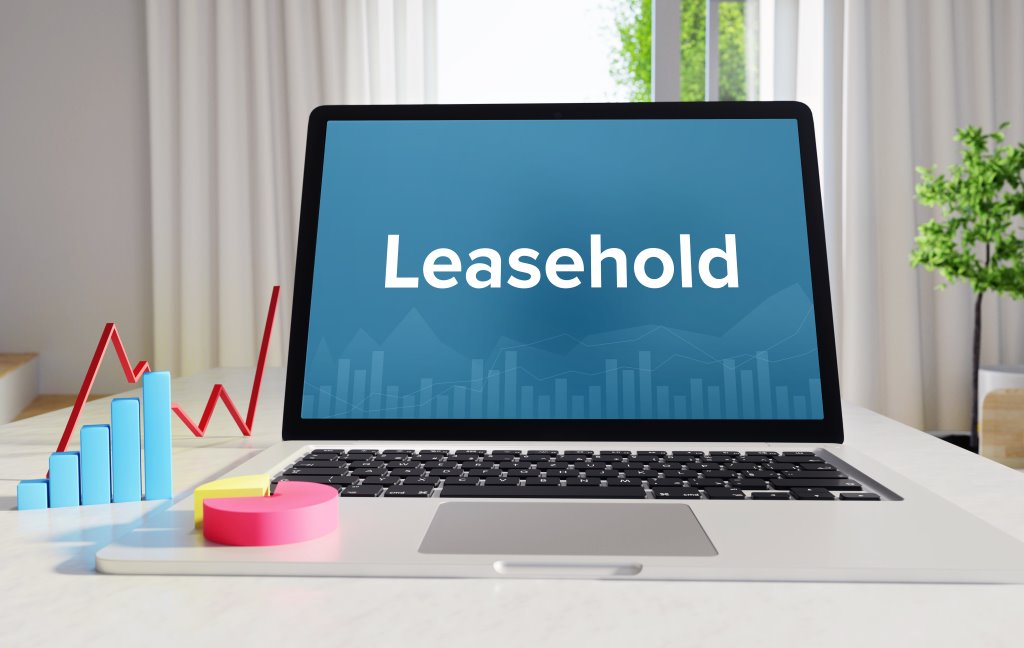The UK Government has long faced calls to reform leasehold laws. The increasingly common cases of spiralling ground rents, high service charges and other onerous lease terms prompted a consultation process by the Law Commission that started in 2017 and ended with a final report in July 2020.
The Government have taken the Law Commission’s review on board, and in January 2021 the Housing Minister Robert Jenrick announced that they will be introducing reforming legislation in the current parliament. Here we look at the proposals and how they will affect leaseholders and freeholders.
What do we mean by Leasehold?
When you buy a property it is usually in one of two ways:
Freehold – you buy the property and the land on which it sits outright, for an unlimited period.
Leasehold – you buy the property but not the land on which it sits, which is owned by the freeholder. You only buy the property for a fixed period which is determined by the lease (125 years is common) and technically your ownership passes to the freeholder when the lease expires (but this is rare).
The lease document may contain restrictions on what you can do with the property and it is common to pay a ground rent to the freeholder for the use of the land. If you own a leasehold flat or other property in a shared building there will usually be annual service charges which you pay towards the shared costs of the building.
Once a lease falls to 80 years remaining it will start to reduce in value and it will become increasingly difficult to raise a mortgage on the property. It is normal to extend the lease before this happens, particularly as a concept known as “marriage value” kicks in at 80 years. The marriage value is the additional value that the lease extension will add to the property and the leaseholder must pay 50% of this value to the freeholder when extending the lease.
Types of Leasehold Property
There are currently around 4.5 million leasehold properties in the UK.
Flats/maisonettes/apartments – these make up around 70% of leasehold properties. They are self-contained dwellings, normally one of several, within a larger building owned by the freeholder.
Houses – the remaining 30% are houses where the property owner owns all of the building they live in, but not the ground upon which it sits. This used to be rare but some house builders have sold new houses leasehold in recent years to generate ongoing income from the purchasers.
The proposed changes – Leasehold Flats
The law already entitles leaseholders of flats to extend their leases, subject to certain conditions. They can also join with fellow leaseholders in their building to purchase the freehold, again subject to conditions.
Under the proposed changes, leaseholders will be able to:
- apply for an extension to increase their lease term by 990 years (at the moment this is capped at 90 years for flats)
- apply to reduce their ground rent to a peppercorn (very small) amount
The Government have also proposed removing the “marriage value” making it much cheaper to extend leases that have dropped below 80 years remaining.
The final proposal is that any new leases granted for retirement flats will be restricted to a peppercorn ground rent only.
The proposed changes – Leasehold Houses
Existing laws already allow for leasehold house owners to extend their leases or purchase their freehold.
Under the proposed changes, leaseholders will be able to:
- extend their leases by up to 990 years
- reduce their ground rent to a peppercorn
There are also proposals to simplify and reduce the cost of purchasing the freehold or extending a lease.
General proposals
The effect of the new rules will be to restrict all future ground rents to a peppercorn value. This will be for all forms of residential lease, whether a house or flat.
We will also see the introduction of new online calculators, which will give an indication of how much it will cost for a lease extension or purchase of the freehold. While online calculators already exist they do not always produce a realistic result. The Government is intending to make the process fairer and more transparent.
Remaining Issues
While the new proposals address some of the concerns raised by leaseholders there are still some issues remaining:
- There are no proposals to place limits on service charges or cap the level of annual increases
- Some leaseholders will still face onerous restrictive covenants and fees in their leases
- Owners of leasehold houses will still have to wait two years before they can start the process of buying their freeholds, and there are no proposals to introduce statutory timeframes for completing the process
A caveat – details may change
The reforms we examine here have not yet passed into law and are unlikely to do so before 2022. The changes will not affect transactions currently in progress. Much of the detail for the reforms also remains to be seen, so details may change between now and the final laws being passed.
For more information
If you have a question on the proposed leasehold reforms or any other property related question, our team of expert property lawyers are here to help. Contact us today to book a free initial consultation with one of our friendly team.
The Backhouse Solicitors Team
Tel: 01245 893400
Email: info@backhouse-solicitors.co.uk
Visit: 17 Duke Street, Chelmsford, Essex CM1 1JU
Or send us a message through the Contact Us page on this website






